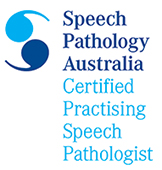-
- Pay increasing attention to speech
- Respond to simple verbal requests
- Respond to “no”
- Uses simple gestures, such as shaking head for “no”
- Babble with inflection
- Say “dada” and “mama”
- Use exclamations, such as “oh-oh!”
- Try to imitate words
-
- Use 20 or more words
- Understand the names or use of familiar objects (eg. ball, bed, bottle)
- Use toys for pretend play
- Respond to a simple question (eg. ‘What’s that?’ Or ‘Where’s your shoe?’)
- Can point to two or three major body parts
- Point to pictures in books
-
- Use 2 word combinations (eg. ‘more milk’)
- Ask questions (eg. ‘what dat?’)
- Have 100 words or more
- Imitate words or actions
- Pretend with toys such as feeding babies, cuddling teddy
- Be talking to their toys or themselves during pretend play
- Follow 2 step instructions such as, ‘take your socks off and put them in the basket.’
- Point to pictures in books
- Point to simple body parts on themselves
-
- Be understood by familiar listeners
- Be producing all of the following speech sounds /p, b, m, w, t, d, n, k, g, h, y, f, s/
- Be able to follow a 2-part instruction, ‘go into your room and get your shoes.’
- Be putting 3 – 6 words together in a sentence
- Be able to talk about something that happened yesterday or last week
- Be using words such as is, are, the, an, on, in etc
- Be using a large number of words (around 800)
-
- Be understood by familiar and unfamiliar listeners
- Use all speech sounds except for /r, th, v/
- Be talking in complete sentences
- Be answering simple questions
- Be telling stories you can easily follow
- Have a large vocabulary
- Be engaging in appropriate conversations with peers
- Understand simple who, what and where questions
-
- Be understood by unfamiliar listeners
- Have all speech sounds except for /th/
- Be participating in detailed conversations
- Be happy to answer questions in the classroom
- Be learning to read
- Be engaging in appropriate social interactions with peers
- Be able find words that start with the same sounds or words that start with a specific sound


